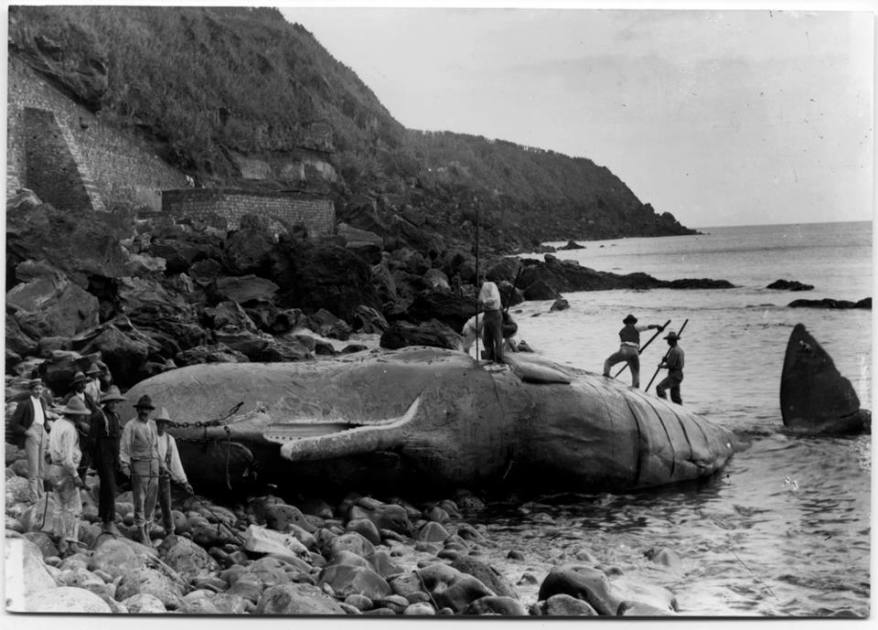
History is an important archive of traditions and culture that forge societies nowadays. So it’s always very interesting to understand the cultural and historical development of a place, in this case: The Azores.
Whales have such an important role in the economical development of the islands as well of the traditions that are still present nowadays.
Whaling began in the XVII century in the US, when American sailors sailed in search of whales in large tall ships as they realized whales had an economic potential.
Azorean sailors became part of the crew members of these large ships, learning the trade and taking whaling back to the different islands that compose the Archipielago.
Whalers worked as a community and hunted Sperm whales (Physeter macrocephalus) that were dragged to shore on specialised confected boats that derived from the design of American ones. Azorean whaling boats where 6- 8 m larger and had rows and sails in addition to the boats that were used by American fleats. Using only a lance and strength to kill the whales.
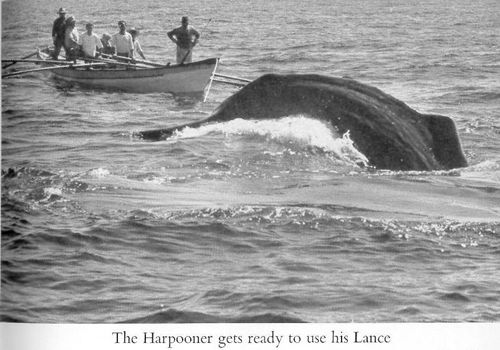
The whales were hunted and taken back to the whaling cooperative where the industrial process was divided in different parts of the Archipielago. In São Miguel the whaling factory was established in Capelas, and the cooperative and management of the factory provided a big income for the fisherman in the island.
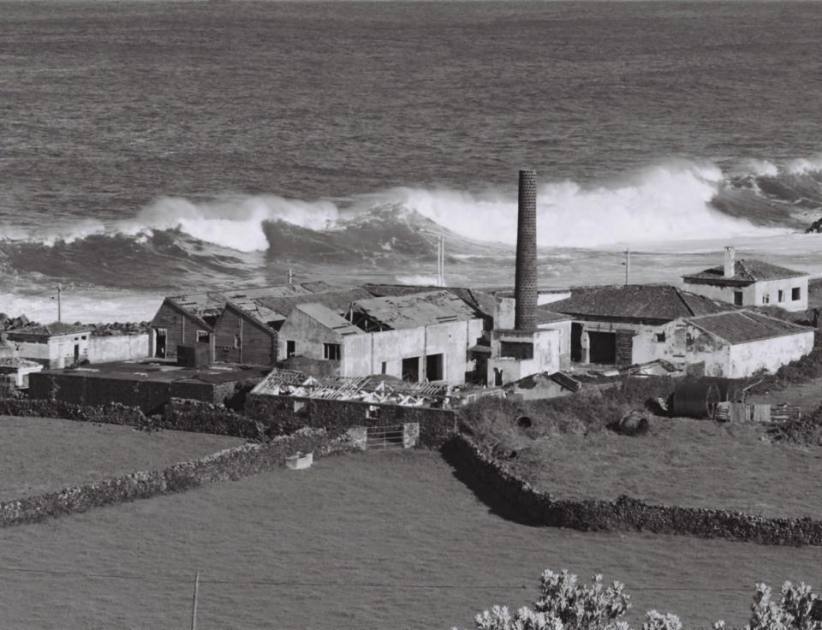
Ancient whaling factory in Capelas.
Today Whaling is no longer an activity of the fisherman that live in Capelas and whether we agree with whaling or not the history of the islands was forged by whaling. History gives us a portrait of how life was back then and why the bond between men and whales is still present in Azores.













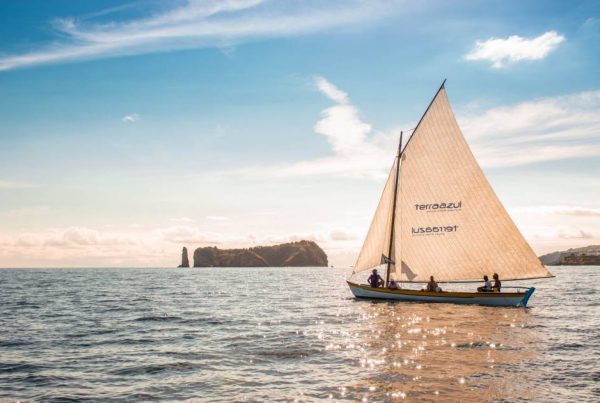
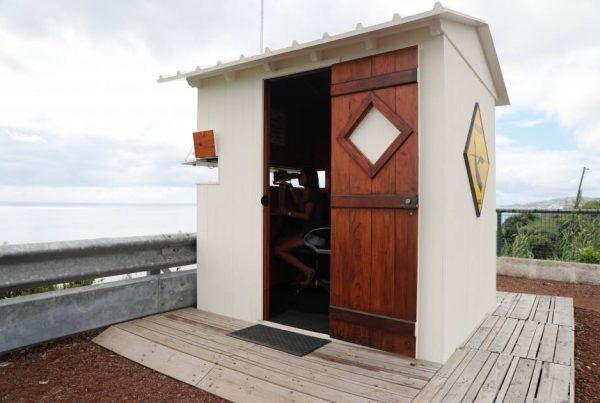



Your thoughts on this?